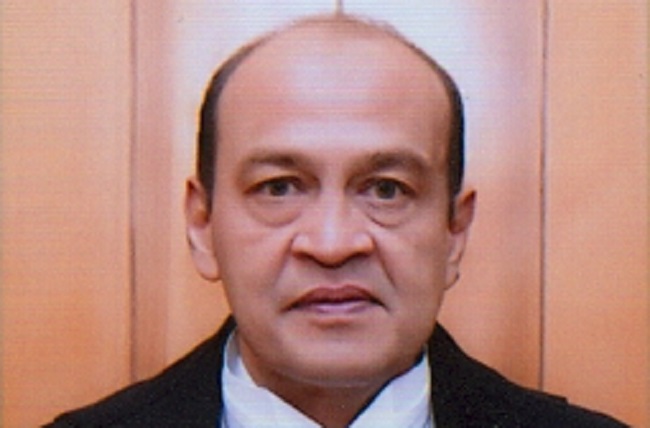
Supreme Court Declines to Release In-House Panel Report on Judge Cash Row
In a decision that has reignited debate over judicial accountability, the Supreme Court of India has denied a Right to Information (RTI) request seeking access to the findings of its in-house committee that investigated the alleged recovery of cash from the residence of retired Delhi High Court judge Justice Yashwant Varma.
SC Cites RTI Exemptions and Privacy Rights
The Central Public Information Officer (CPIO) of the Supreme Court refused to release the report or the accompanying communication sent by the then Chief Justice of India to the President and Prime Minister. The CPIO cited exemptions under Sections 8(1)(e) and 11 of the RTI Act, which allow withholding of information received in a fiduciary capacity or that involves third-party interests.
The court also referred to the landmark 2019 judgment in the Subhash Chandra Agarwal case, where the Supreme Court had upheld the RTI Act’s applicability to the judiciary but emphasized that disclosure must be balanced against the right to privacy and institutional confidentiality.
The Cash Recovery Controversy
The episode that triggered the in-house inquiry unfolded on March 14, 2025, when a fire broke out at Justice Varma’s government-allotted residence in Lutyens’ Delhi. During firefighting operations, personnel reportedly discovered bundles of scorched cash stored in a servant’s quarters. Justice Varma and his wife were in Bhopal at the time of the incident.
Given the sensitivity of the allegations, the Supreme Court formed a three-judge in-house committee on March 22, 2025, to investigate the matter. However, no official findings or updates have been released publicly, and the court has maintained a strict veil of confidentiality over the internal proceedings.
Judicial Transparency vs. Institutional Integrity
The refusal to disclose the panel’s report has sparked concerns among legal activists and transparency advocates, who argue that shielding the judiciary from public scrutiny in such serious matters may damage its credibility. Critics say that when allegations involve financial impropriety by a sitting or retired judge, the public has a right to know the outcome of internal probes.
On the other hand, the court has maintained that internal mechanisms exist precisely to avoid media trials and ensure fair inquiries that protect reputational harm until guilt is proven. The debate now hinges on whether confidentiality clauses are being used to uphold institutional dignity—or to shield potential wrongdoing from democratic oversight.
With judicial independence being a cornerstone of India’s democracy, the decision highlights the complex balancing act between preserving that independence and ensuring accountability in the eyes of the public.


















